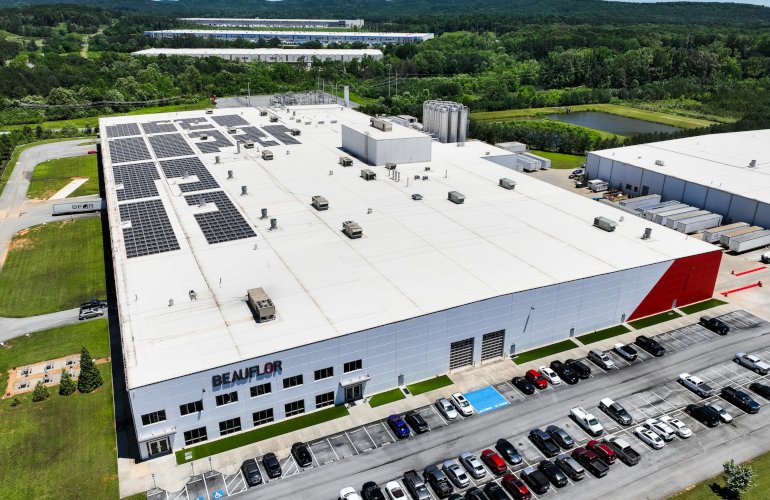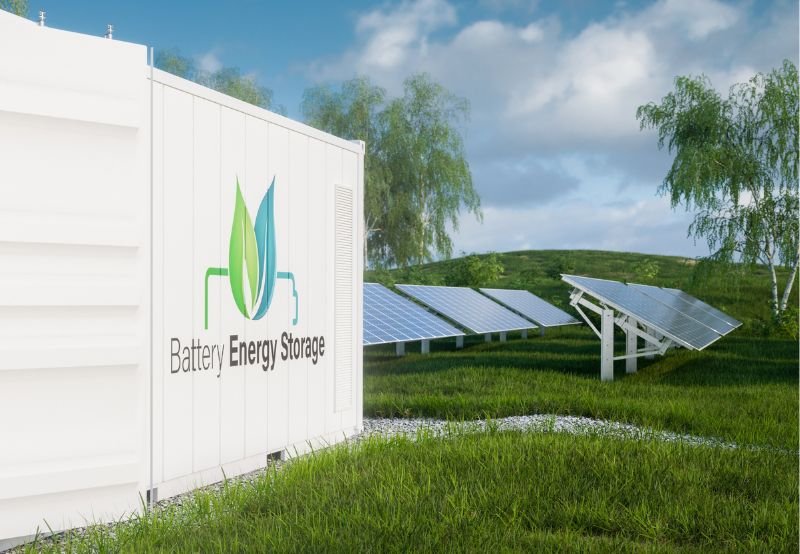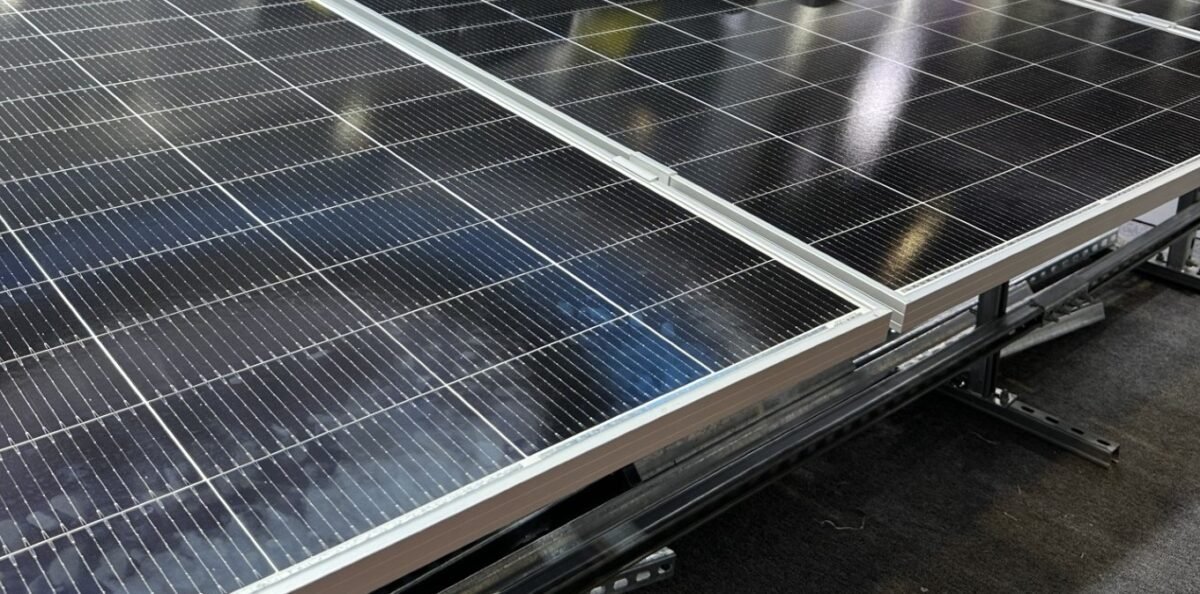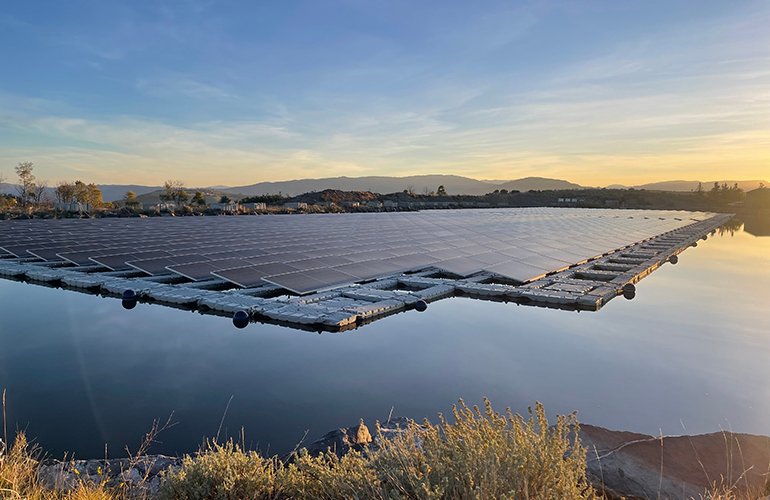Beauflor USA Powers Metro Atlanta with Largest Rooftop Solar Array
Flooring manufacturer Beauflor USA just flipped the switch on what’s likely the biggest rooftop solar project in metro Atlanta. “This solar installation represents our commitment to sustainable manufacturing practices while also making sound business decisions,” says Emile Coopman, Continuous Improvement Manager. Let’s break down why this isn’t just another corporate solar press release.
Why Solar Makes Dollars and Sense for Manufacturers
Solar panels on factories aren’t new, but Beauflor’s approach is telling. They partnered with Cherry Street Energy—a solid choice for commercial installations in Georgia. The math works: solar cuts operational costs and locks in energy rates. Ever seen a utility bill surprise a CFO? That won’t happen here.
The Hidden Advantage: Carbon Footprint Meets Brand Equity
Sure, kilowatt-hours matter, but so does customer perception. A 2023 Nielsen study showed 66% of consumers pay more for sustainable brands. Beauflor’s vinyl flooring now literally comes with sunshine baked in. Clever, right?
How Big Is Big? Putting the Numbers in Context
While exact system size isn’t specified, we’re talking enough panels to cover multiple football fields. For comparison, the average Georgia commercial solar installation clocks in around 500 kW. This one’s bigger—potentially in the multi-megawatt range.
Winter Production Myths Debunked
“But what about cloudy days?” Atlanta gets 217 sunny days annually—more than Seattle’s 152. Modern solar panels work in diffuse light too. Ask any installer: cold weather actually improves PV efficiency.
The Financing Puzzle Piece
Here’s where it gets interesting. Georgia’s commercial solar incentives include ITC (still at 30% through 2032) and local utility rebates. Beauflor likely went with a power purchase agreement (PPA)—no upfront costs, just paying for the juice.
Battery or Bust? Not So Fast
This system probably connects directly to the grid. With Georgia Power’s net metering policies (they call it ‘distributed generation’), batteries aren’t essential for daytime operations. Though a Tesla Powerwall setup could be phase two.
Bottom line: Beauflor proves manufacturers don’t need to choose between profit and planet. Their solar play is as practical as their flooring products—built to last and easy on the wallet. Wonder who’ll top this record next?






